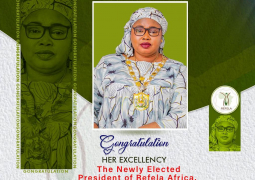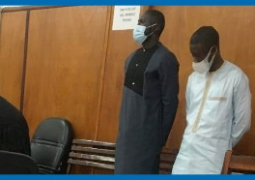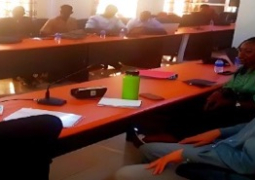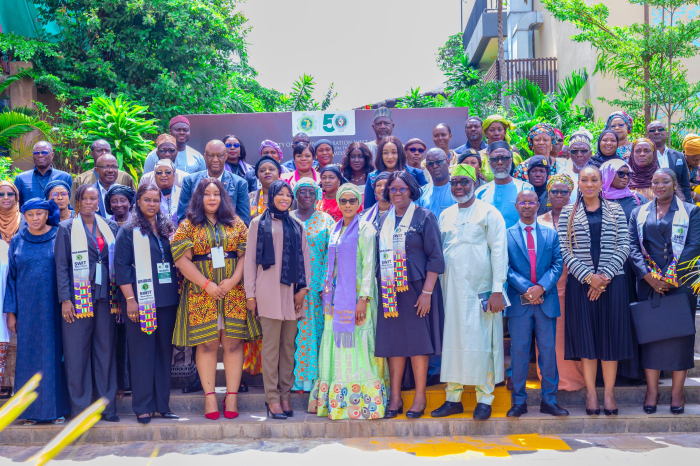
The First Lady of The Gambia, Fatou Bah Barrow, and Gambia Revenue Authority (GRA) Commissioner General Yankuba Darboe were among the distinguished attendees.
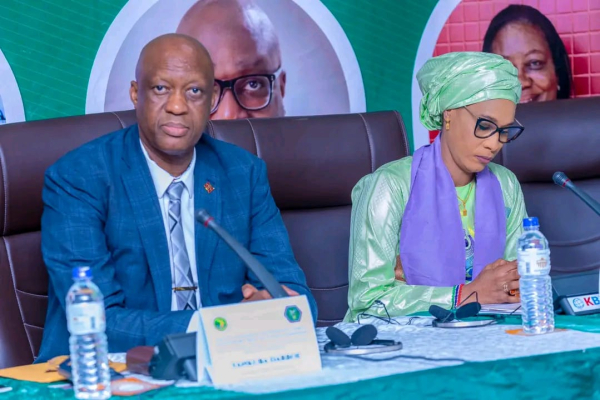
Opening the event, Commissioner General Darboe commended SWITWA for selecting The Gambia as the host country, noting: “We are particularly proud to host this event once again, following the formal inauguration of SWITWA right here in The Gambia in February 2023. Your return for this high-level event is a testament to the strong partnership we are building.”
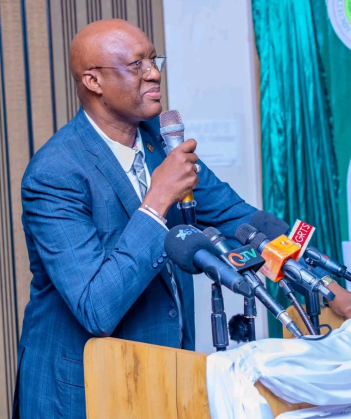 He praised the association’s commitment to establishing a professional body that champions the economic empowerment of women across West Africa. He emphasised the relevance of the discussions to the African Continental Free Trade Area (AfCFTA), describing women as “the bedrock of our regional economy.”
He praised the association’s commitment to establishing a professional body that champions the economic empowerment of women across West Africa. He emphasised the relevance of the discussions to the African Continental Free Trade Area (AfCFTA), describing women as “the bedrock of our regional economy.”
According to ECOWAS data, women constitute over 70% of informal cross-border traders, playing a vital role in food security and local economies. In countries such as Burkina Faso and Mali, women represent more than 75% and 65% respectively of the agricultural workforce. In The Gambia, the 2022 Labour Force Survey conducted by the Gambia Bureau of Statistics revealed that approximately 84.7% of women are employed in the informal sector.
Despite their central role, women traders face numerous challenges, including security threats, harassment at borders, limited awareness of trade protocols, and restricted access to formal markets. These issues, Darboe stressed, are not merely social concerns but economic barriers that stifle growth, reduce revenue potential, and hinder regional prosperity.
“As Commissioner General of the GRA, my mandate goes beyond revenue collection. It is also about facilitating trade, ensuring fairness, and creating an efficient system that enables businesses to thrive,” he stated. “We recognise that the challenges faced by women traders are challenges to our collective economic success.”
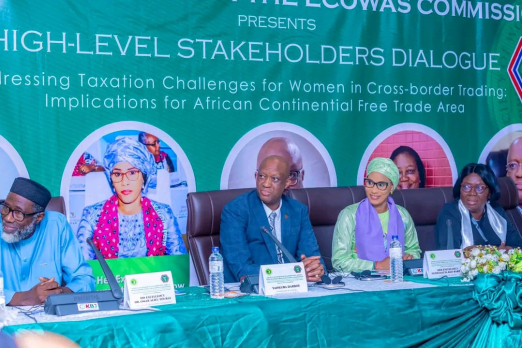 He described the establishment of AfCFTA as a monumental achievement, offering access to a market of 1.3 billion people. Instruments such as the ECOWAS Trade Liberalisation Scheme (ETLS) hold the key to unlocking unprecedented growth across the region.
He described the establishment of AfCFTA as a monumental achievement, offering access to a market of 1.3 billion people. Instruments such as the ECOWAS Trade Liberalisation Scheme (ETLS) hold the key to unlocking unprecedented growth across the region.
“Our task over the next few days is to bridge the gap between high-level protocols and on-the-ground practice,” Darboe added. “We must demystify tax laws, simplify customs procedures, and ensure that the benefits of free trade are felt by the women who power our markets every single day.”
He expressed confidence that the outcomes of the dialogue would provide a clear roadmap for tax administrations, policymakers, and civil society to create an enabling environment for women traders to flourish under AfCFTA.



